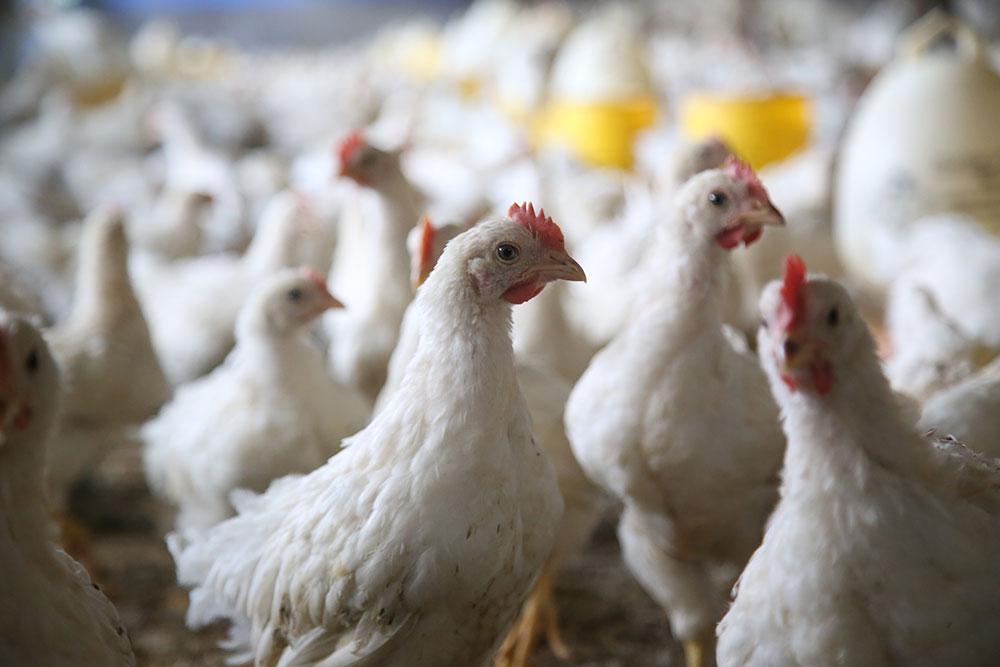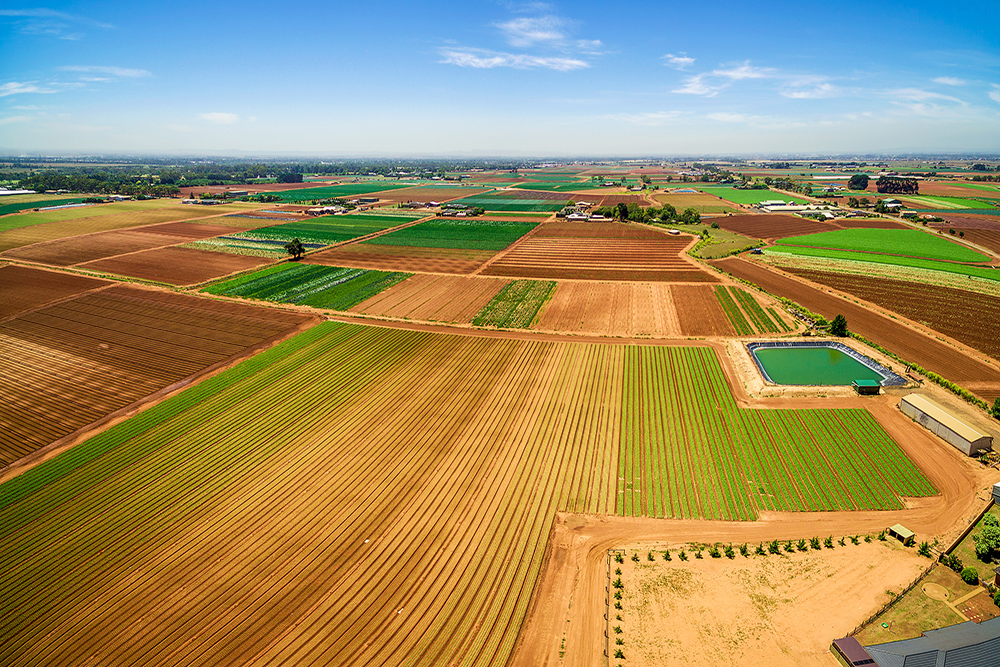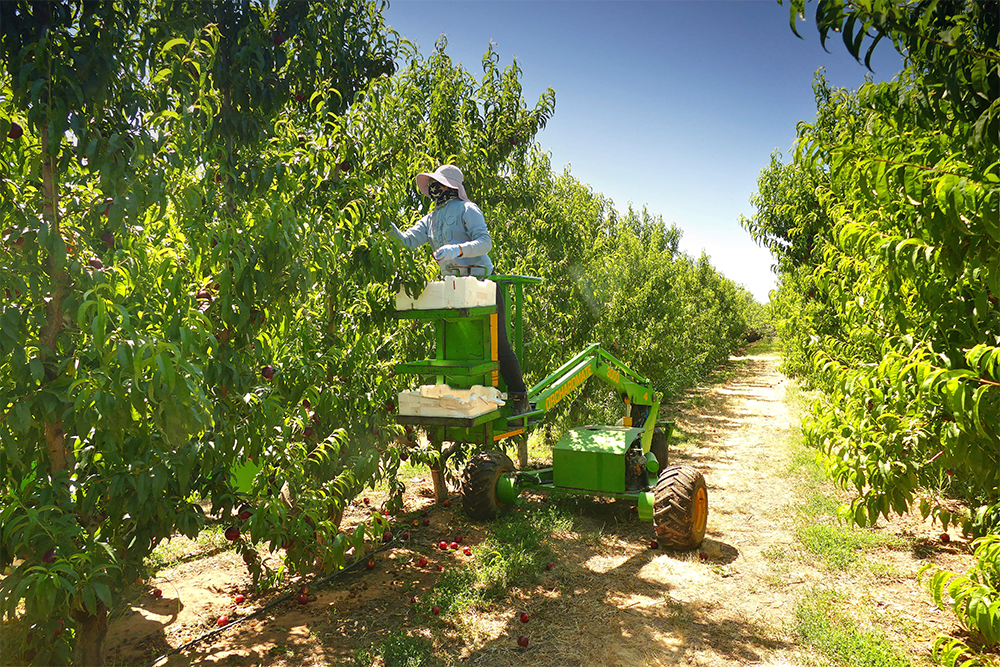This year the theme of World Soil Day is ‘Soil: Where food begins’, highlighting the importance of healthy soil as a crucial element of food production.
Assistant Secretary of National Soils Policy and Programs, Lisa Nitschke, said Australia is committed to soil health and the sustainable management of soil resources.
“Soil in good condition is more productive. It has higher water-holding capacity, supports biological activities and resists erosion during extreme climate and weather events,” Ms Nitschke said.
“We are committed to a climate-smart, sustainable agricultural sector as the key to the industry’s future and that includes action on soil.
“A partnership-based approach to soil is critical because responsibility for soil does not lie with one party.
“It is the decisions made every day by thousands of individual land managers that can make a positive or negative impact on this critical natural resource.
“Recently, we released the draft National Soil Action Plan for public consultation. We received over 150 responses from farmers, natural resource management organisations, the soil carbon sector, agronomists, government agencies, researchers and academic institutions and soil advocacy groups.
“It is important that we take the time to consider the feedback and work with state and territory governments and other soil stakeholders to ensure we produce a National Action Plan that makes a difference.
“Well managed soil will help us to meet our goals for increased production and our climate change challenges.”
Read the National Soil Strategy here: www.agriculture.gov.au/sites/default/files/documents/national-soil-strategy.pdf
Read the draft National Soil Action Plan here: haveyoursay.agriculture.gov.au/soil-action
Fast Facts:
- Australia manages over 8 million km2 of soil.
- Soil constraints, such as sodicity, acidity, subsoil and salinity are estimated to costs Australia more than $4 billion per year in lost production.
- Soils contain more than 25% of our planet’s biodiversity and more than 95% of the world’s food comes from soil.
- Soils supply 15 of the 18 naturally occurring chemical elements are essential to plants.
- Agricultural production will have to increase by 60% to meet the global food demand in 2050.
- Up to 58% more food could be produced through sustainable soil management.



